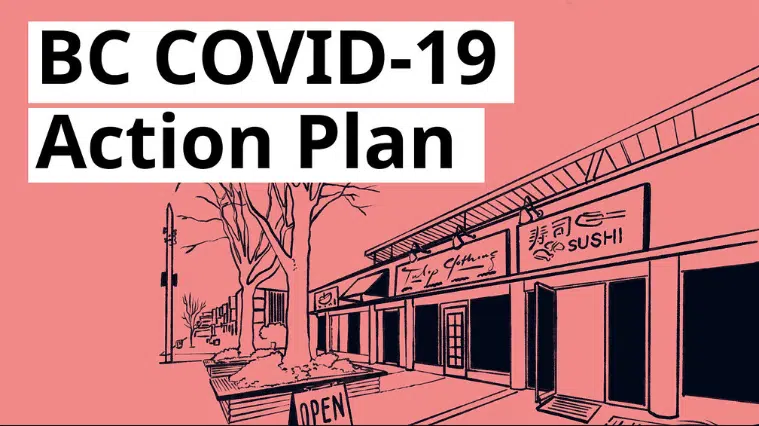
The BC Government has now announced a $5-billion-dollar relief package for people and businesses impacted by COVID-19.
Premier John Horgan says that breakdown will be $2.8 billion for people and services and $2.2 billion for business.
Finance Minister Carole James says $1.1 billion of that fund will go to families in the form of a one-time payment of $1,000 for each person out of a job because of COVID-19, as long as they are eligible for Employment Insurance.
That money is on top of bi-weekly EI payments from the federal government of $900 for people out of work because of the pandemic. James expects the $1,000-dollar payment to go out to people affected starting later this spring.
She also says many provincial tax payments will be extended for people and businesses.
“We will be deferring many of the provincial tax filing and payment deadlines to September 30th, 2020. That includes payment of Provincial Sales Tax, municipal and regional district tax, carbon tax, fuel tax, tobacco tax, and the Employer’s Health Tax.”
James also says the carbon tax expansion will be delayed until further notice – it was supposed to rise by 1.2 per cent on April 1st.
And she says many industries will get relief too, like mills, wineries, hotels, retails storefronts and many others.
“To further support cash flow for businesses, commercial and industrial properties in class four, five or six are going to have their tax rate cut in half for the 2020 tax year. Tax savings for example for the average urban commercial property owner is going to be about $4,000 dollars.”
Additionally, James says 86 per cent of families will be eligible for a tax rebate through the Climate Action Tax Credit, which will be $218 per adult and $64 per child.
BC Liberals Say They’re Following Where the Relief Funds Are Going
The BC Liberal leader says it’s crucial to make sure COVID-19 funds go to people who need it most.
Speaking on NL Newsday, Andrew Wilkinson says lots of people and business are hurting, and he says the relief efforts won’t be one-size-fits-all.
“It’s harder to do in British Columbia, because you can’t point to the huge employers other than, say, Telus and Teck Minerals, and say ‘they’re the ones you have to keep afloat.’ You have to deal with tens of thousands of small businesses, and find out which are the ones that are legitimately in need and which ones are going to be the ones who tick along when this is all said and done.”
There are 517,000 employers in B.C., and 98 per cent of those are considered “small business,” with fewer than 50 staff.















